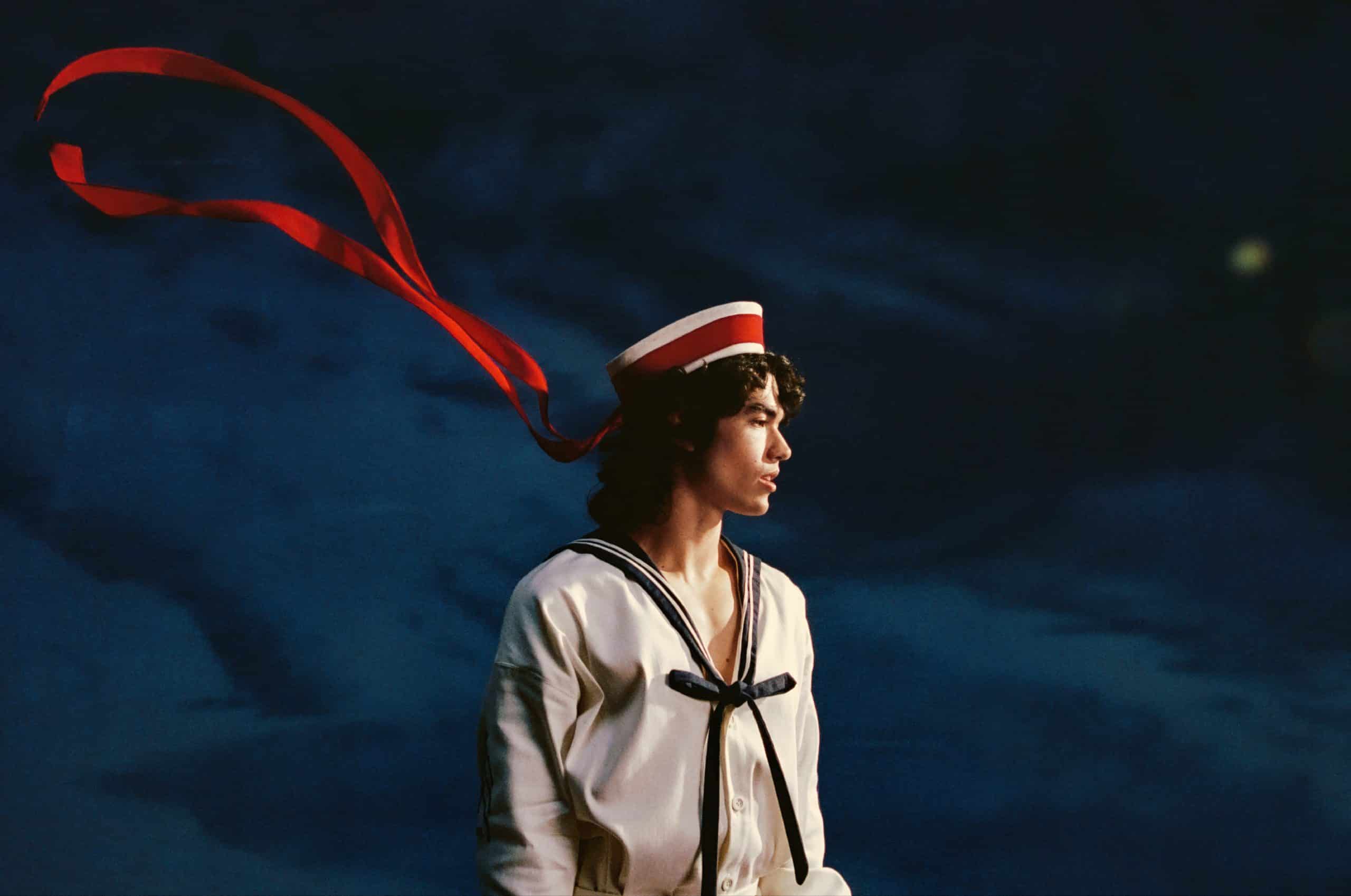Conan Gray returns with his fourth studio album, Wishbone, released via Republic Records, just a year after the divisive Found Heaven. While its predecessor felt rushed, Wishbone is a major step forward that refines Gray’s pop sound into a broader palette.
Sonically, the record blends the emotional intimacy of 2022’s Superache with the more polished quality of Found Heaven. Across the 12 tracks, Gray pulls from ‘90s alternative influences, such as The Cranberries. He also pulls in elements of chamber pop, jangle pop, and indie folk. The production team consists of Daniel Nigro, Ethan Gruska, and Noah Conrad, all of whom craft layered soundscapes that allow Gray’s vocals to sit at the centre of the album.
Tracks such as ‘Caramel’ stand out immediately, balancing delicate instrumentation with a catchy chorus and showcasing Gray at his most vulnerable when reflecting on a past love that is impossible to forget. Elsewhere, the Beck-inspired ‘Romeo’ homes in on feelings of being used and underestimated by another, this time introducing a more playful sound. Conan even focuses on a track about truly owning your life on ‘My World’, a track that maintains this shimmering dream pop style.
Lyrically, Wishbone marks one of Gray’s most direct works. Where past releases often tackled emotion in subtlety, the writing here feels urgent, almost as if it were meant to be written in a diary. On ‘Class Clown’, he confronts his feelings of social alienation with lyrics such as: “Men don’t wanna hear that I’m trailer trash / It’s a heavy topic for crystal glass.” Meanwhile, ‘Nauseous’ sees Conan openly admitting his trauma of abandonment, and how it reflects on his relationships through lyrics: “Behind every kiss is a jaw that could bite / And maybe that’s why I feel safe with bad guys.” The devastating ‘Connell’ stretches to nearly six minutes, describing Gray’s heartbreak over someone who was not as invested in the relationship as him, in what are some of the starkest lyrics he has ever written.
Beyond the songs themselves, Wishbone is paired with a short film centred on Wilson and Brando, two childhood friends whose romance and heartbreak directly mirror the album’s themes. Not only does this add a cinematic element to the project, but it also shows us the fragility and beauty of queer love.
In interviews, Gray shared that he wrote nearly 300 songs while preparing for this album, viewing the process as a means to confront aspects of himself that he once feared. This willingness to endure discomfort is evident throughout Wishbone.
The result is an ambitious, emotionally charged album that balances its polished sound with raw honesty. Wishbone’s willingness to embrace vulnerability ensures it stands as one of Gray’s strongest statements to date.

